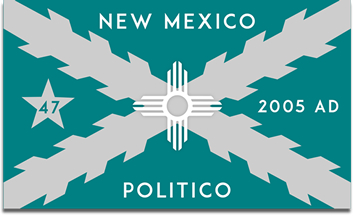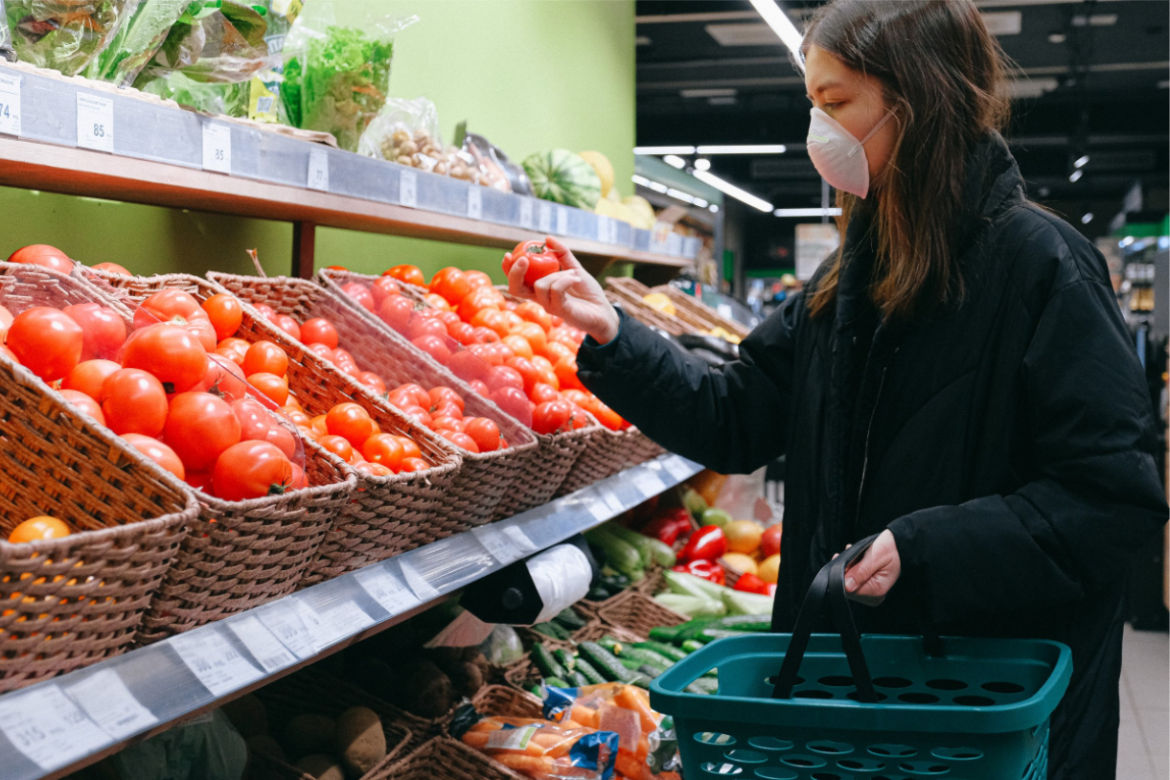As Americans, we are proud of the personal freedoms our country allows us. First Amendment rights, along with the rest of the Bill of Rights, form our identity as a nation in which every individual has a right to express their opinions and to live the way they choose to live. This includes practicing a religion of your choice, owning a firearm if you choose to do so, and writing your political opinions and posting them online (like I’m doing now) without fear that you will be imprisoned for criticizing an elected official. The Founding Fathers knew these personal freedoms were necessary in a democracy like ours. But at what point does prioritizing the individual over all else become dangerous? Should public health and safety be prioritized over individual freedoms? COVID-19 has forced us to have this dialogue.
We are now more than five months into the pandemic in the U.S., and everything from the severity of the virus to wearing a mask have become politicized issues. Other countries are shocked that so many Americans are still struggling to understand why masks are important. In most European countries, masks are mandatory. In fact, in the UK, those who refuse to wear a mask in public can be fined £100. Meanwhile, in several places in the U.S., masks are still merely a “recommendation.”
I recently was in Hampton Beach, New Hampshire visiting family and was appalled that when I went to pick up a takeout order, none of the restaurant staff were wearing masks. An ice cream shop near the beach had a sign that said “masks recommended,” but there were several people inside with no masks. According to a Gallup poll, only 44 percent of Americans say that they always wear a mask in public, while 14 percent report that they never wear a mask. The CDC urges people to wear masks, maintain social distance, and wash hands often in order to flatten the curve. Healthcare professionals and epidemiologists agree that these measures are effective in preventing, or at least slowing, the spread of COVID-19. According to a SEIR (susceptible, exposed, infectious, recovered) simulation conducted by researchers in the U.S., UK, France, and Finland, a minimum of 80 to 90 percent of the population would have to wear a mask in public at all times in order to successfully stop the transmission of COVID-19.
Unfortunately, all you have to do is turn on the news to see people complaining about how masks are annoying and inconvenient. Some have even resorted to violence when asked to wear a mask before entering a store. A security guard in Van Nuys, California suffered a broken arm after asking a customer to wear a mask, who then physically attacked him. Why are we as a society so resistant to something that could and get us out of this pandemic and back to some semblance of normalcy?
It all goes back to the individualistic culture in which we live. The U.S. is one of the most individualistic cultures in the world, scoring a 91 out of 100 for individualism on the Hofstede scale. (Geert Hofstede was a Dutch social psychologist who studied the effects of a culture’s values on its society.) According to Hofstede Insights, “in Individualist societies, people are only supposed to look after themselves and their direct family.” On the other hand, in collectivist societies, people prioritize the larger group over the individual. If we look at a more collectivist country like South Korea, for example, which scores only an 18 for individualism, South Korea has been able to keep their cases of COVID-19 under control. What South Korea did early on that was key to preventing further cases was contact tracing, which we were never able to implement in the U.S. They also conducted extensive epidemiological investigations for many COVID-19 cases, which included looking at medical records and GPS tracking data. A survey earlier this year found that 84 percent of Koreans believe a loss of some privacy is a necessary trade-off for public health and security.
Some Americans might argue that this is a slippery slope and giving up privacy could have consequences in the future. I would argue that these are desperate times we’re living in, and thousands more will die if we don’t take action. Over 164,000 Americans have now died of COVID-19. This number will only continue to rise as long as people refuse to wear masks and comply with basic public health recommendations. These consequences are far greater than a temporary loss of privacy due to contact tracing or the slight inconvenience of wearing a mask. Unfortunately, we’re now too far into this for contact tracing to be a viable option. Wearing masks and following basic public health guidelines are the best we can do until a vaccine is available.
Though we are an individualistic society, that does not mean everyone is selfish and only looking out for themselves. By and large, I believe Americans are kind people. We believe in standing up for what’s right, and we always give our neighbor a hand when they need it. Why don’t we frame this pandemic the same way? Let’s stand up for what’s right by wearing a mask when we go out, even if it’s not technically required, and even if it’s not convenient or comfortable. Think of that as a way to help your neighbor, who may be immunocompromised or more susceptible to the deadly virus.
Though we are an individualistic society, that does not mean everyone is selfish and only looking out for themselves. By and large, I believe Americans are kind people. We believe in standing up for what’s right, and we always give our neighbor a hand when they need it. Why don’t we frame this pandemic the same way?
Our government failed us at the start of all of this by not having enough tests, not implementing contact tracing when they should have, and giving out conflicting (or downright incorrect) information about how to stop the spread of COVID-19. But we have now seen what this virus does. Maybe you know someone who has contracted the disease. Maybe you even know someone who has died from it. Maybe you have been lucky enough to be completely unaffected by it. But why does something have to affect you personally in order for you to care about it? Is it not enough to know that your fellow Americans are dying, and it is completely preventable? I love our personal freedoms just as much as the next person, but maybe it’s time to think beyond our own lives and our own families. There is no good alternative. If we keep going at the rate we’re going, more people will get sick and die, more businesses will shut down, more people will lose their jobs, and the economy will continue to tank. We all have the freedom to make our own choices. Why not choose to be a part of the solution?

